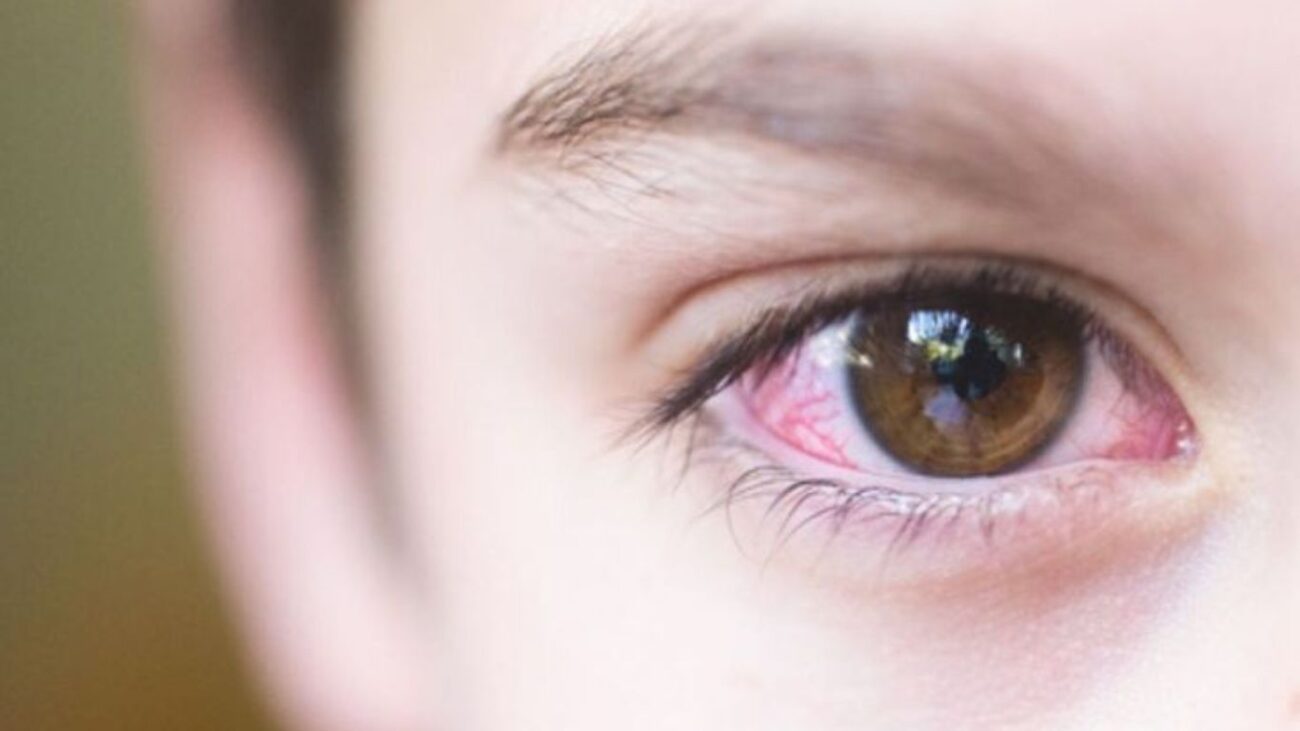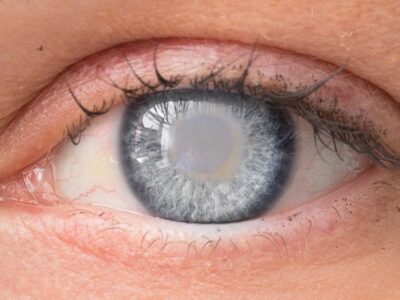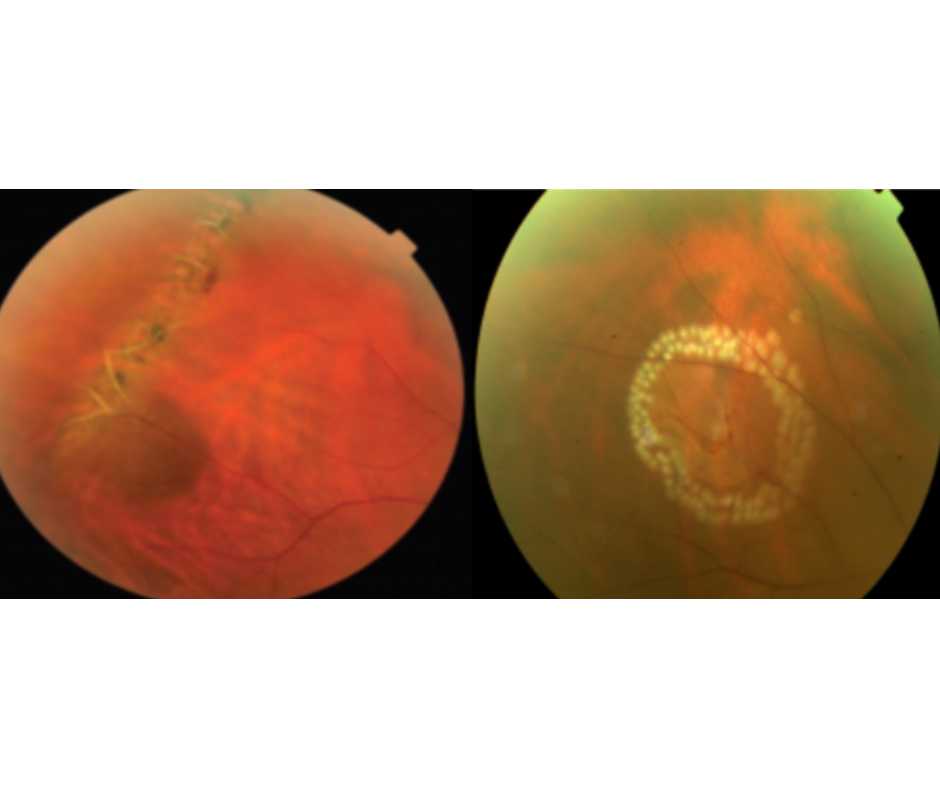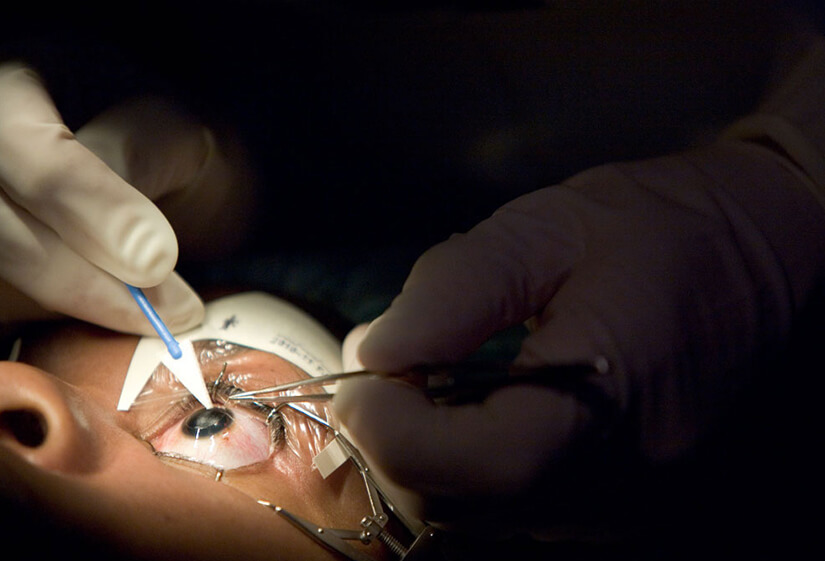Introduction: eye flu treatment
Eye flu, also known as viral conjunctivitis, is a common and contagious eye condition caused by various viruses. It can result in redness, itching, discharge, and discomfort in the eyes. Fortunately, there are effective treatment and strategies to alleviate the symptoms and promote a speedy recovery. In this article, we will explore the best approaches to manage and treat eye flu.

Hygiene and Prevention:
The first step in treating eye flu treatment is prevention. To begin with, practicing good hygiene can help prevent its spread. Firstly, wash your hands frequently, and secondly, avoid touching your eyes. Additionally, it’s crucial to refrain from sharing personal items like towels and eye makeup. If you have eye flu, be sure to take precautions to prevent it from spreading to others. Stay home from work or school until your symptoms subside, and avoid close contact with others.
Artificial Tears and Lubricating Drops:
Lubricating eye drops or artificial tears can provide relief from the dryness and irritation caused by eye flu. These over-the-counter products can help soothe your eyes and keep them comfortable.
Cold Compresses:
Applying a cold compress over closed eyelids can reduce eye redness and swelling. Use a clean cloth soaked in cold water or a cold gel pack wrapped in a thin cloth. Apply it for 10-15 minutes, several times a day.
Antiviral Medications:
In some cases, especially when eye flu is caused by a severe viral infection, antiviral eye drops or ointments may be prescribed by a healthcare professional. These medications can help speed up recovery.
Prescription Eye Drops or Steroids:
In more severe cases or when eye flu is associated with inflammation, prescription eye drops containing steroids may be recommended. These should only be used under the guidance of a healthcare provider.
Rest and Recovery:
Getting plenty of rest and allowing your eyes to heal naturally is crucial for a quick recovery. Avoid activities that strain your eyes, such as reading or staring at screens for extended periods.
Avoid Contact Lenses:
If you wear contact lenses, switch to glasses until your eyes have fully recovered. Contact lenses can trap viruses and worsen the condition.
Follow-Up Care:
If your symptoms persist or worsen despite treatment, consult an eye specialist for further evaluation and guidance.
Preventing Recurrence:
Once you’ve recovered from eye flu, take steps to prevent future occurrences. Continue practicing good hand hygiene, avoid sharing personal items, and consider using protective eyewear in situations where you may be exposed to contagious agents.
Author Details:
Dr. Sushruth Appajigowda holds a prominent position as a Cornea, Cataract, Glaucoma, and LASIK Surgeon in Bangalore. He serves as the chief Cataract and Refractive surgeon at Vijaya Nethralaya Eye Hospital, Nagarbhavi Bangalore. Renowned as one of the finest LASIK surgeons nationwide, he brings with him over 12+ years of experience across multiple LASIK platforms, including ZEISS, ALCON, SCHWIND, AMO, and Bausch and Lomb. Having successfully conducted over 5000 LASIK procedures, Dr. Sushruth holds the title of a Certified Refractive Surgeon and a Fellow of the All India Collegium Of Ophthalmology. Furthermore, he stands as a distinguished speaker at various National and International Forums, using his expertise to guide you in selecting the most suitable procedure based on your health requirements.

Conclusion: eye flu treatment
While eye flu can be uncomfortable and inconvenient, with proper care and treatment, most cases resolve within a week or two. Moreover, it’s essential to remember to consult a healthcare professional for guidance, especially if your symptoms are severe or prolonged. By following these strategies, you can effectively manage eye flu and minimize its impact on your daily life.












